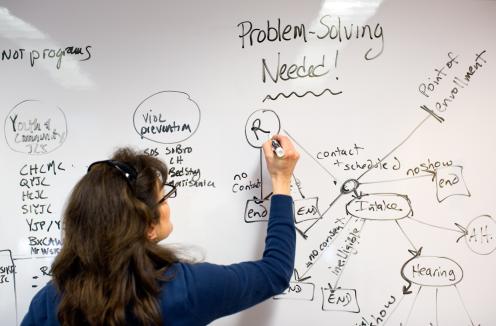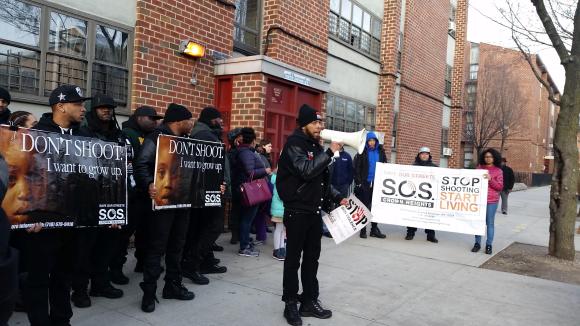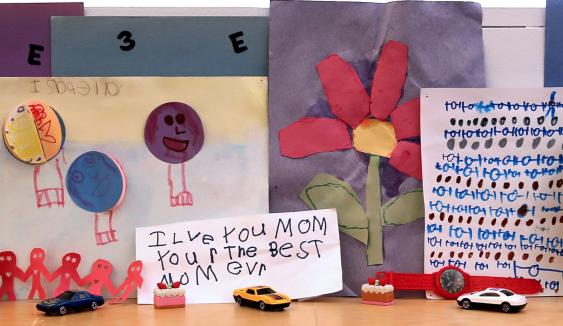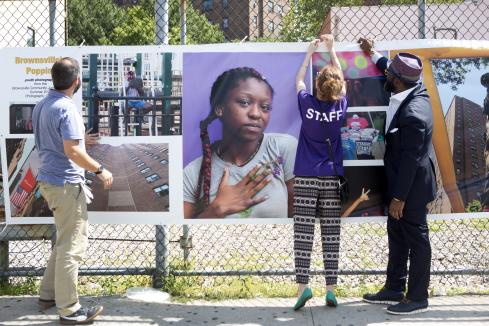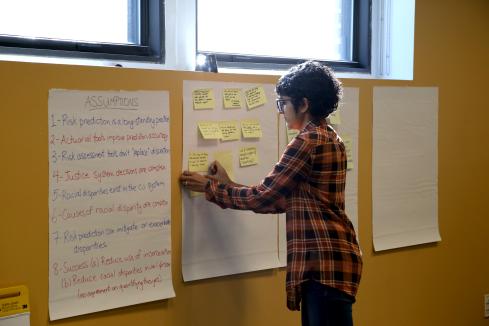Diversion
We seek to provide meaningful and effective responses at various stages of the criminal legal process in order to achieve better outcomes for participants.
The Center for Justice Innovation tackles a variety of problems, using rigorous, collaborative planning and an emphasis on data to achieve tangible results.
